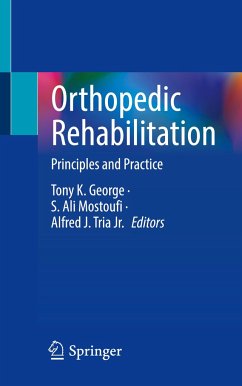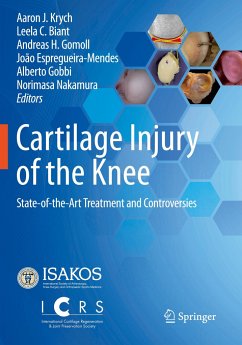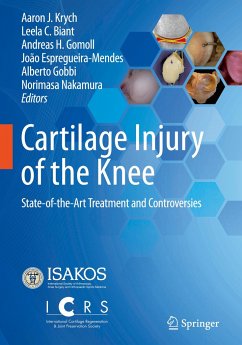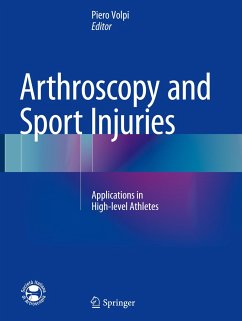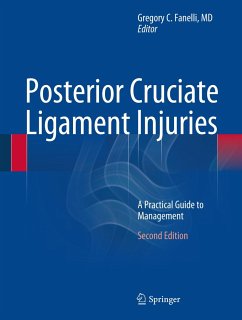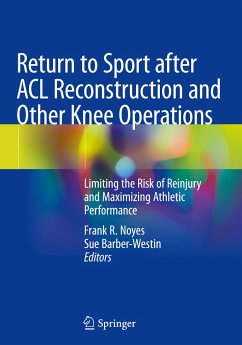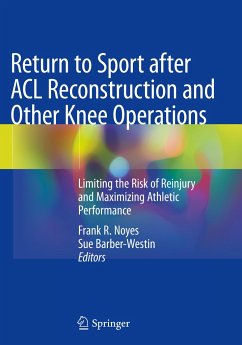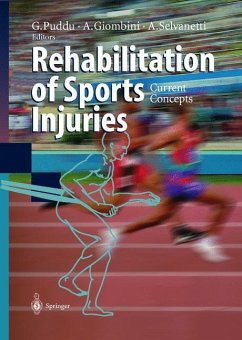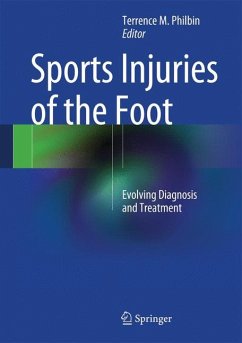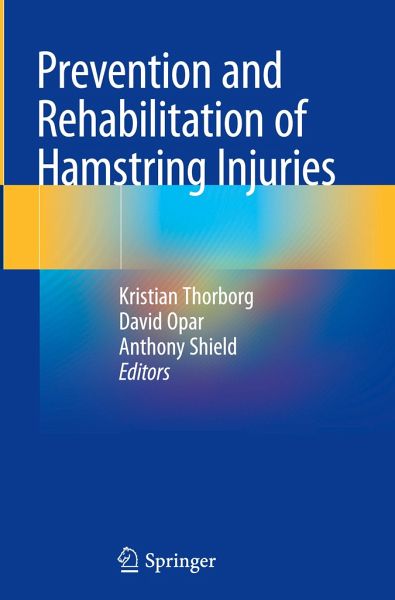
Prevention and Rehabilitation of Hamstring Injuries

PAYBACK Punkte
49 °P sammeln!
This innovative book presents the latest insights into hamstring strain injuries (HSI), one of the most common problems in elite and recreational sport, with a unique focus on prevention and rehabilitation. The research within this area has evolved rapidly over the past 10 years and this text offers a comprehensive overview of the recent and most relevant advances. It fills a gap in the literature, since other books focus on muscle injuries in general and their surgical treatment.Structured around the current evidence in the field, it includes sections on functional anatomy and biomechanics; b...
This innovative book presents the latest insights into hamstring strain injuries (HSI), one of the most common problems in elite and recreational sport, with a unique focus on prevention and rehabilitation. The research within this area has evolved rapidly over the past 10 years and this text offers a comprehensive overview of the recent and most relevant advances. It fills a gap in the literature, since other books focus on muscle injuries in general and their surgical treatment.Structured around the current evidence in the field, it includes sections on functional anatomy and biomechanics; basic muscle physiology in relation to injury and repair; assessment of risk factors; and factors associated with hamstring strains. It also discusses considerations in relation to acute and chronic injuries and hamstring injury prevention, including pre-season and in-season interventions, as well as management strategies and rehabilitation protocols. The final chapter is devoted to additionalinterventions when conservative rehabilitation and injury prevention fail. Written by renowned experts in the field, this book will be of great interest to sports physiotherapists, sports physicians, physical trainers and coaches.




